CCHS
Freshman students in Kirsten Ritchie’s Biology class did a microscope lab and had the opportunity to explore an unusual mite called the Demodex under their microscopes. Students broke into groups and picked one student to gently scratch their forehead, another had to scratch their nose and the last student in the group had to scratch their cheek. Students then cleaned out under their fingernails with a toothpick and rolled the toothpick in a few drops of oil on a glass slide. Students took their slides to their microscopes to observe and record their findings. “This is a lab I like to incorporate at the beginning of the year to get my new students excited about science. It is a great way to get the students introduced and exposed to the lab while allowing them to gain experience and familiarity with microscopes, focusing on the parts and functions. Besides observing the interesting relationship between the mites and humans, it is also fun to hear the commentary from the students when they actually find mites,” said Ritchie. Student Adey Flick said the most surprising part of this lab was seeing all the little things that are on people's faces that you can't see with a naked eye. “Can you believe there are creatures living on your face?” Student Justin McArthur agreed with Flick and said, "my favorite thing was how I got to see all the stuff that was on our face and how gross it was." Another student, Jeana Lee said her favorite part of the lab was using the microscope, “I was excited to see how it works.”
CCMS
Students in Lisa Kent’s class began their Career Technology Exploration (CTE) labs this week using Paxton/Patterson - College & Career Ready Labs. The learning systems engage students with problem-based, real-world technology and empower students to discover their interests and aptitudes, along the pathway to post-secondary school success. The unique programs concentrate on STEM Education, Health Science Careers, and Architecture & Construction along with other programs of study. They utilize the most respected line of tools, equipment, supplies, and furniture for schools to be able to successfully perform authentic experiences. Students in Kent’s class have 18 labs to choose from including Video Production, Health Science, EMT, Graphic Design & Marketing, Early Childhood Development, Pneumatics, Alternative Energy, Veterinary Science, Digital Audio Production, Energy & Power, Culinary Arts, and more. Students will be spending the next few weeks going through modules regarding the lab/field they have chosen. The majority of the work is hands-on integration with the equipment and supplies. As the lab progressed throughout the day students became excited about the opportunities available to further their learning in the lab/field they chose in high school. They also learned about the opportunities in our community and surrounding areas they can prepare to enter after graduation. The goal of the CTE exploration class is to assist students in learning about current programs offered at CCHS as well as garnering interest in some areas that may become programs of study at the high school based on high-wage, high-demand fields. As an educator, Kent is hoping this lab experience will help give students a purpose for school and learning. “Young students don’t realize the purpose of their education, especially in middle school and high school. It is to set them up for their future. They have a hard time seeing beyond what is required for a grade. I'm hoping this course and these labs will give them a new outlook and give their education more meaning and purpose. I want them to become excited about their education and what is to come after graduation. I hope they become so interested in one of these labs that they become dedicated to their education and start seeing it as an investment in their future,” said Kent.
Numa
Shannon Matheson’s fourth grade reading class has been working on making inferences while reading. Inferencing is an important skill not only for reading but for all subjects. It not only helps us understand what we are reading but also helps us in science and social studies. “Students may not realize it, but they make inferences every day. It is a life skill,” said Matheson. This activity has helped students in Matheson’s class understand now when they are making inferences and recognizing what they are.
E.C. Best
Monica Mayfield’s third-grade class learned the scientific method through a lesson on buoyancy and density using cookies and milk. Mayfield refers to this activity as The Great Cookie Dunk. “Students are engaged in their learning when it is fun. We have all dunked cookies and enjoy eating them, so why not use cookies and milk to teach about science,” Mayfield said. Her students loved predicting whether the different types of cookies would sink or float. “When we tested our hypothesis, students jumped up and down, in excitement, when they saw the results. It was so fun watching them learn about buoyancy,” exclaimed Mayfield. The students not only enjoyed learning, but they also enjoyed eating the cookies afterward too.
Lahontan
Olivia Lefort’s first-grade class released their butterfly this week. “I found two monarch caterpillars a couple of weeks ago on some milkweed outside the school and felt like they would be a great way to teach my students about their life cycle and pollination as a class science activity,” said Lefort.
Monarch butterflies are now on the endangered list, it is getting harder and harder to find them which is what made this particular observation project a priority for Lefort. Each day the class would observe what the caterpillar was doing. They watched videos and read books about caterpillars, learning everything they could about them. “We kept track of the days the caterpillar was in its chrysalis. When it emerged, we observed how the butterfly differed from the caterpillar. Finally, because it is important to our world, we made sure we released it so that it could do its job,” Lefort said. Students love this activity because it is a natural way to learn and observe life and nature.
Crystal Cabral’s first-grade class did a classroom activity on Mutual Respect. They read the book, “Chrysanthemum” and the class then made a classroom heart. “I wrinkled the classroom heart and talked about ways we can try to fix it,” stated Cabral. Her first graders spent time talking about what could have potentially caused the wrinkles in the heart and about how hard it is to fix a heart once it is wrinkled. The students then printed their names on Band-Aids and placed their Band-Aid on the classroom heart to try to fix the wrinkles. “This activity is important for these students because respect supports all good relationships. In our classroom, we aim to respect and be aware of each other's hearts and how we make each other feel. This is how we will have good solid relationships within our classroom and beyond,” said Cabral.


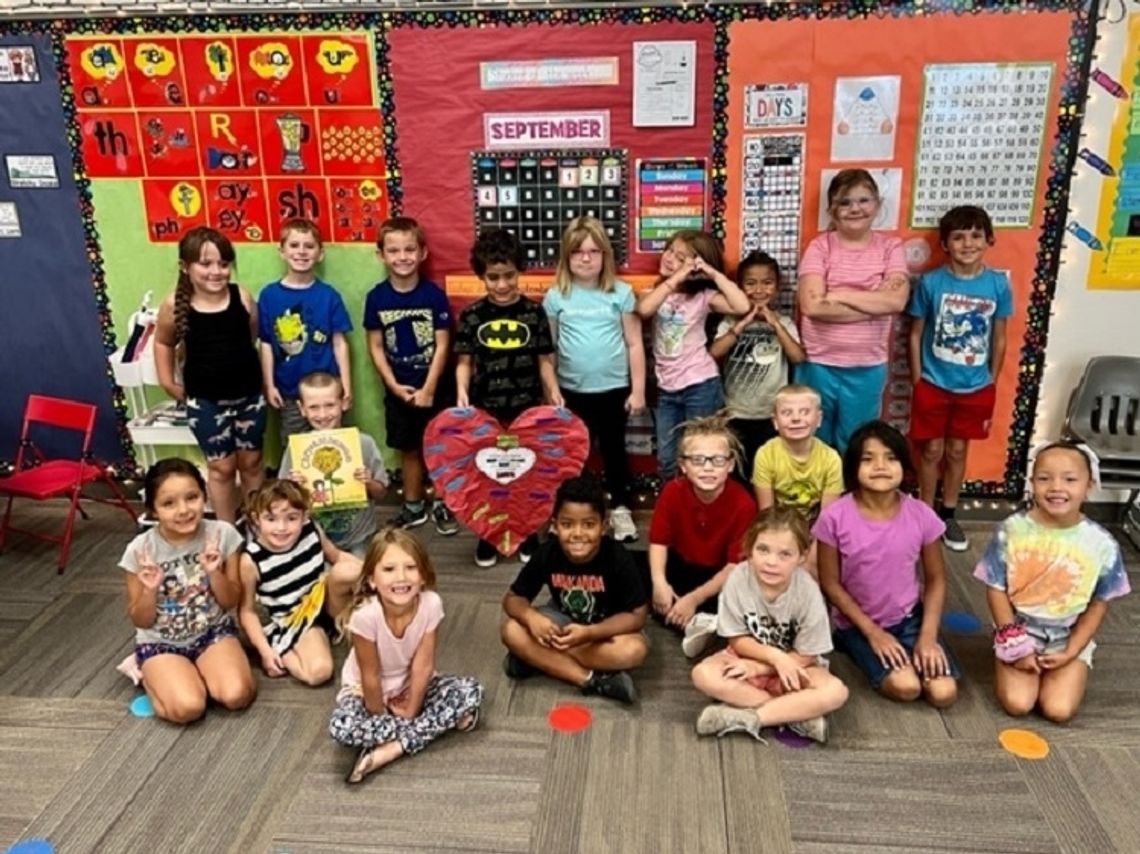
































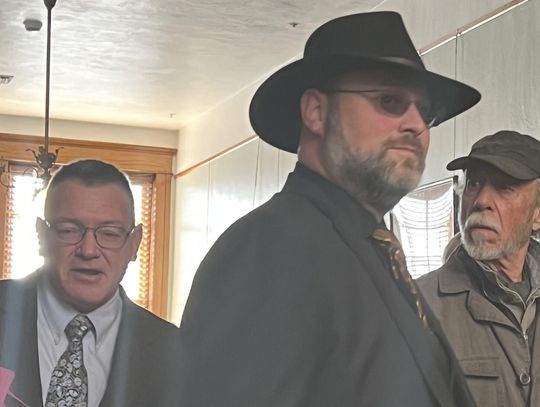
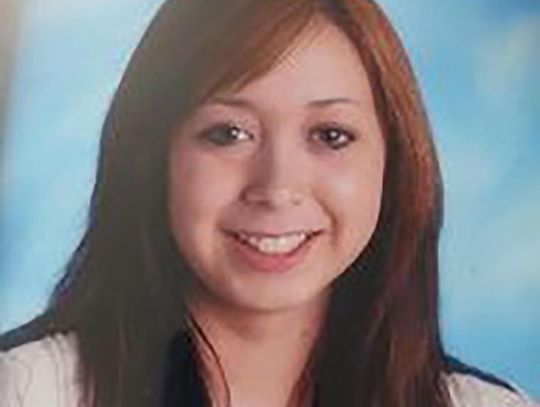
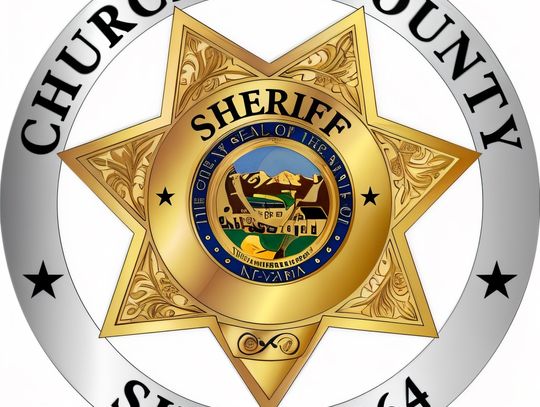
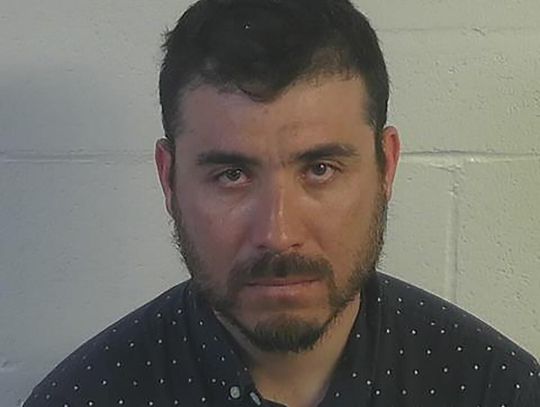
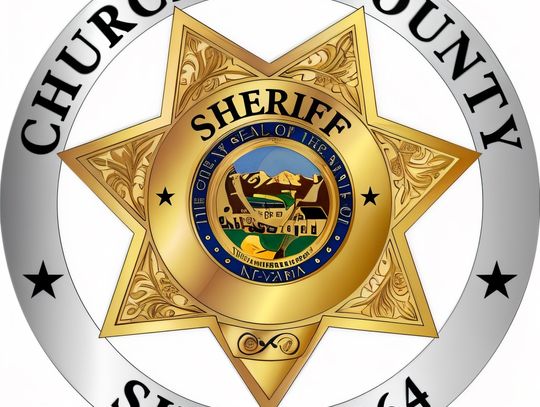


Comment
Comments